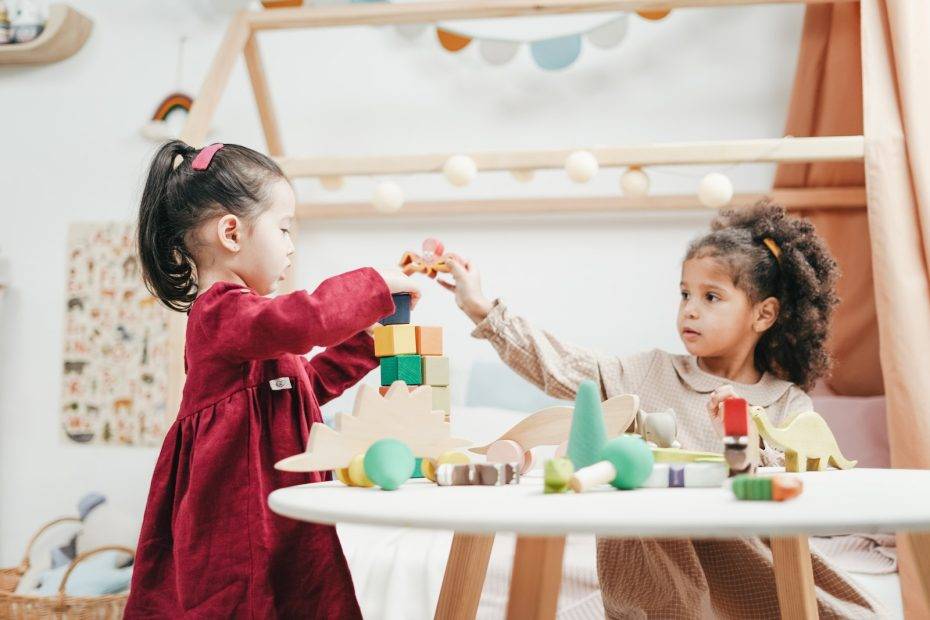Introduction:
Play is an essential aspect of childhood, and its significance goes far beyond mere entertainment. In fact, play is a fundamental part of a child’s development, contributing to their physical, cognitive, social, and emotional growth. In this blog post, we will explore the numerous benefits of play and why it is crucial to prioritize and encourage playtime in a child’s daily life.
Enhances Cognitive Development:
Playtime provides children with valuable opportunities to engage in problem-solving, critical thinking, and decision-making. Through imaginative play, children create scenarios, explore different roles, and solve challenges, fostering their creativity and enhancing their cognitive abilities. Play also stimulates curiosity, encourages exploration, and helps develop essential skills such as memory, attention span, and language acquisition.
Promotes Physical Development:
Active play, such as running, jumping, climbing, and playing sports, promotes the development of gross motor skills, coordination, balance, and strength. Fine motor skills are also refined through activities like building with blocks, drawing, or playing with small objects. Regular physical play not only supports healthy physical development but also helps children develop body awareness, spatial reasoning, and overall physical well-being.
Facilitates Social and Emotional Growth:
Play provides children with opportunities to interact with others, fostering social skills and emotional development. Through play, children learn to take turns, share, negotiate, and collaborate. They develop empathy, understand others’ perspectives, and manage their own emotions. Pretend play, in particular, allows children to explore different social roles, express their feelings, and practice problem-solving within a safe and imaginative context.
Builds Communication Skills:
Playtime encourages children to communicate and express themselves verbally and non-verbally. Whether playing with peers, siblings, or adults, children learn to listen, speak, and engage in conversations. Play-based activities often involve storytelling, role-playing, and imaginative scenarios, providing children with rich opportunities to expand their vocabulary, improve language skills, and develop effective communication strategies.
Fosters Creativity and Imagination:
Play nurtures children’s creativity and imagination, allowing them to explore limitless possibilities. Whether engaging in pretend play, creating art, or constructing with building blocks, children can express their unique ideas and bring them to life. By encouraging imagination and creative thinking, play cultivates innovation, problem-solving skills, and the ability to think outside the box.
Reduces Stress and Promotes Well-being:
Play is an excellent outlet for children to release stress, tension, and pent-up energy. It provides a sense of joy, relaxation, and freedom, promoting emotional well-being and reducing anxiety. Playtime also allows children to recharge, unwind, and rejuvenate, enhancing their overall mental and physical health.
Supports Brain Development:
Research suggests that play has a positive impact on brain development. Engaging in play stimulates neural connections, promotes the growth of new brain cells, and strengthens existing ones. The dynamic and multisensory nature of play activates various regions of the brain, facilitating learning, memory, and overall cognitive functioning.
Conclusion:
Play is not just a pastime for children; it is a vital component of their development. By recognizing and valuing the importance of play, parents, caregivers, and educators can create environments that encourage and prioritize playtime. Whether it’s unstructured free play, imaginative play, or structured activities, play provides children with invaluable opportunities to learn, grow, and thrive in multiple aspects of their lives. So let us celebrate play and allow our children the time and space to explore, create, and discover their full potential through the power of play.

